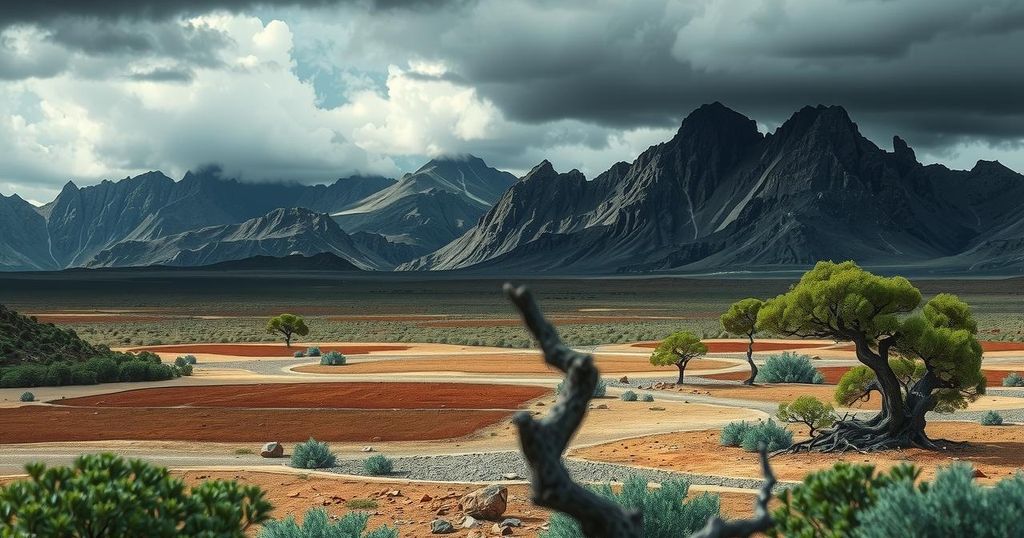Understanding the Rwandan-Backed M23 Rebels in the DRC

The M23 rebels, purportedly backed by Rwanda, have advanced into the DRC, capturing Goma amid violence that has killed numerous peacekeepers. International condemnation has fallen on Rwanda, which denies support for the rebels. The ongoing conflict has deep historical roots in the region’s turbulent past following the 1994 Rwandan genocide, with grave humanitarian implications.
The M23 rebel group, allegedly supported by Rwanda, has reportedly captured the significant city of Goma in the eastern Democratic Republic of the Congo (DRC). This comes amid a military offensive that has led to the deaths of 13 peacekeepers and prompted widespread condemnations from Western nations urging Rwanda to cease its backing of the militants. Despite such allegations, Kigali denies any involvement.
The conflict in the eastern DRC has a complex history linked to the aftermath of the 1994 Rwandan genocide, which resulted in millions of deaths and displaced individuals due to continuous violence among multiple rebel factions. Following the genocide, Rwandan forces and various regional powers intervened in the DRC, leading to prolonged conflicts often referred to as ‘Africa’s World War.’ Accusations persist regarding Rwanda’s support for the M23 in pursuit of mineral wealth in the area.
The escalation of violence by the M23, including territorial gains and attacks on peacekeepers, has aggravated the already strained relations between Congo and Rwanda. With accusations of Rwandan support for the M23 and international calls for intervention, the situation remains precarious, exacerbating regional tensions and humanitarian challenges in the DRC. The aim of controlling resource-rich regions continues to drive this unresolved conflict.
Original Source: www.telegraph.co.uk








